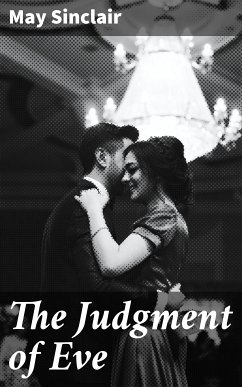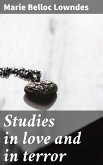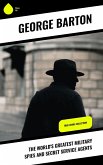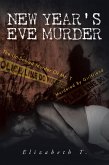In "The Judgment of Eve," May Sinclair explores the intricacies of female identity and societal constraints in early 20th-century England. Through the lens of the protagonist, Sinclair delves into the dualities of self-perception and external perception, intertwining psychological realism with modernist techniques. The narrative masterfully dissects the public and private spheres of a woman's life, employing evocative language and fragmented structures that invite readers to grapple with the moral dilemmas faced by contemporary women. The novel'Äôs thematic preoccupations resonate with the broader feminist discourse of its time, embodying the tensions between tradition and modernity. May Sinclair, a prominent figure in the modernist literary movement, was deeply influenced by her own experiences and the sociopolitical landscape of her era. Her keen observations of women's roles and struggles are evident in her body of work, which often challenges gender norms and explores the complexities of psychological states. Sinclair's background in philosophy, coupled with her exposure to various literary circles, solidified her position as a pioneering novelist and thinker committed to elevating women's voices in literature. "The Judgment of Eve" is recommended for readers seeking a profound exploration of gender, autonomy, and psychological depth. Sinclair's incisive prose and innovative narrative structure captivate and provoke, urging readers to reflect upon the evolving roles of women in society. This novel not only marks an important contribution to feminist literature but also stands as a testament to Sinclair's literary prowess that continues to resonate with contemporary audiences.
Dieser Download kann aus rechtlichen Gründen nur mit Rechnungsadresse in A, B, BG, CY, CZ, D, DK, EW, FIN, F, GR, H, IRL, I, LT, L, LR, M, NL, PL, P, R, S, SLO, SK ausgeliefert werden.









